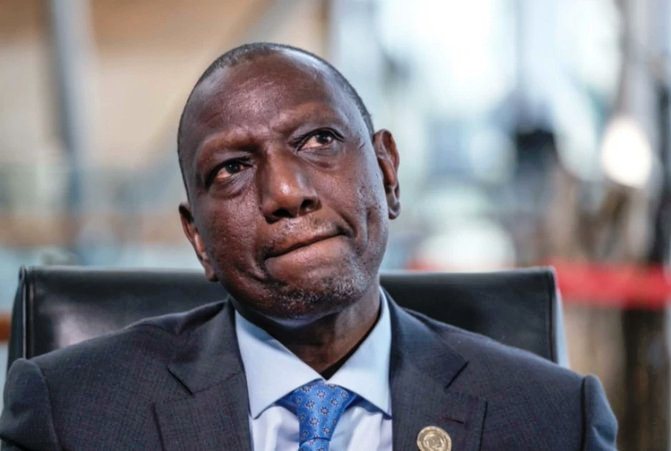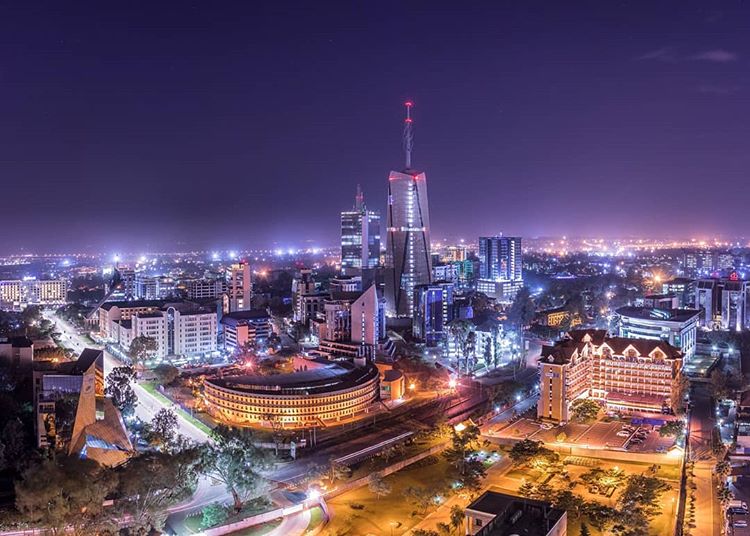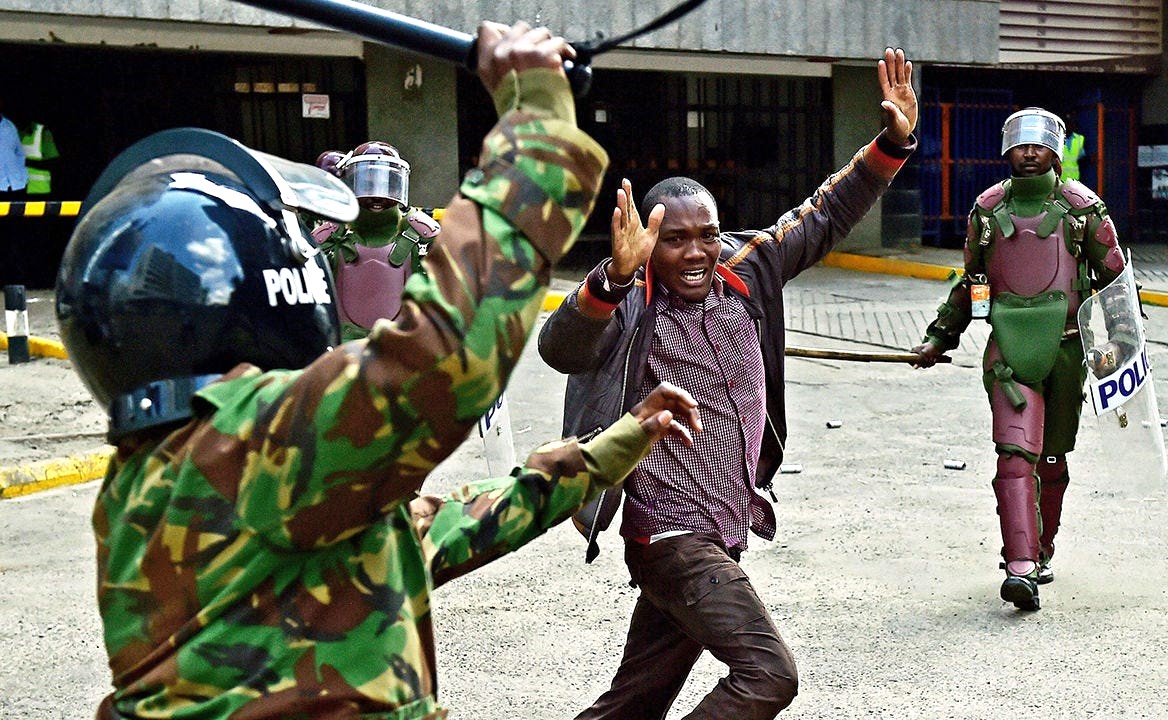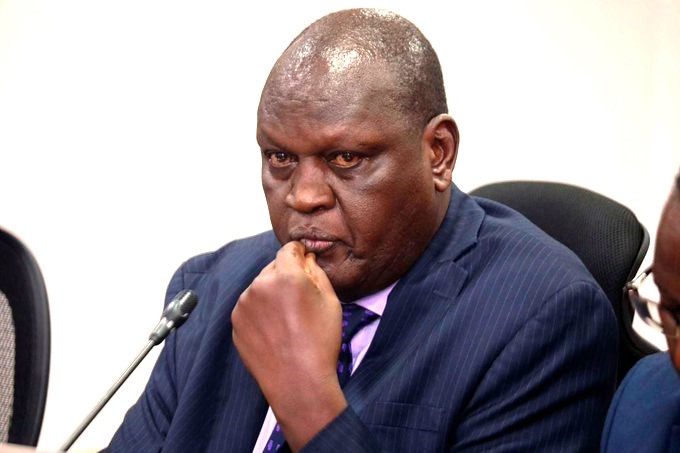Amnesty International’s 2024/25 State of the World’s Human Rights Report highlights a disturbing shift toward authoritarianism in Kenya, documenting widespread human rights violations throughout 2024.
Irungu Houghton, Executive Director of Amnesty International Kenya, stated that 2024 saw repeated efforts to undermine constitutional freedoms, including the right to protest, freedom of expression, access to health and housing, and protection from violence. The report details a sustained crackdown on civil liberties, notably during nationwide protests, where the National Police Service used excessive and lethal force, resulting in at least 65 deaths, 89 enforced disappearances, and thousands of arbitrary arrests. The government also targeted online dissent through arrests, account suspensions, threats, and physical violence, fostering a climate of fear for critics.
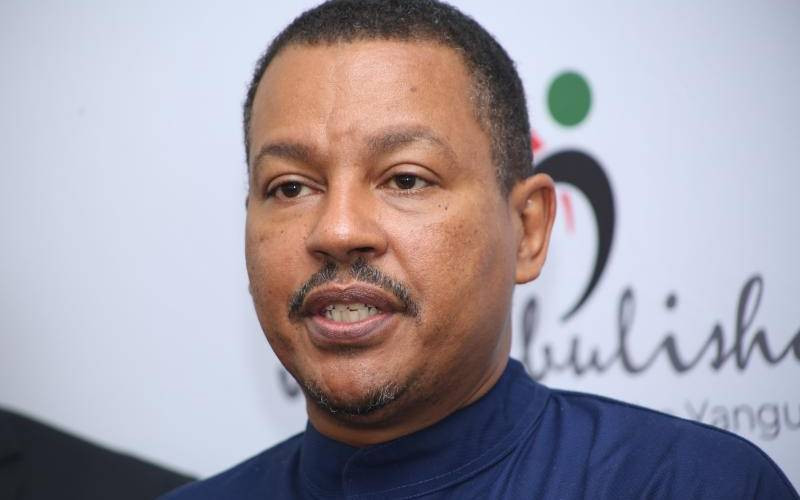
Houghton referenced the BBC’s Blood Parliament documentary, viewed by over a million people, which corroborates Amnesty’s 25 September 2024 report on the use of excessive force against protesters on 25 June 2024. “Despite government promises, no arrests or prosecutions have been made for those responsible, nearly a year after protesters were killed within Parliament grounds,” he said. He welcomed the Independent Policing Oversight Authority’s (IPOA) recent investigation update and urged the Office of the Director of Public Prosecutions to provide clarity on the status of prosecutions related to the June protests.
Amnesty called on the Kenya Defence Forces (KDF) to submit a detailed report to Parliament, as required by Article 241(3)(b) of the Constitution and Section 31(a) of the Kenya Defence Forces Act, outlining their deployment and actions during the protests. Houghton specifically demanded that the National Police Service and KDF address allegations in the Blood Parliament documentary, which implicates two state security officers in the deaths of Erickson Mutisya, David Chege, and Eric Shieni.
The report also notes a sharp rise in gender-based violence, with 170 women killed in 2024, nearly double the 2023 figure and five times higher than in 2016. Amnesty urged the Taskforce on Gender-Based Violence and the Ministry of Gender, Arts, and Heritage to implement robust interventions to prevent and prosecute such crimes, aligning with recommendations from EndFemicideKE and HumanIsMyID alliances.
Additionally, Amnesty documented the devastating impact of forced evictions during heavy rains and flooding in Nairobi’s Mathare and Mukuru Kwa Njenga settlements between March and April 2024. Over 6,000 households were demolished, leaving thousands homeless in violation of their right to housing. The organization called on the government to comply with a High Court order to compensate affected residents of Mathare, Gwa Kairu, Mukuru Kwa Ruben, and Kiamaiko.
Houghton criticized excessive taxation proposals and urged the National Treasury to address Kenya’s debt deficit by tackling wasteful expenditure and corruption, as highlighted in Auditor General reports. Amnesty also called on Members of Parliament to reject the proposed Assembly and Demonstration Bill (2024), which threatens the constitutional right to peaceful assembly.
“We urge Kenyans to demand accountability, good governance, and an end to impunity,” Houghton concluded. “The government must take immediate steps to reverse this alarming trajectory and uphold the human rights of all citizens.”


